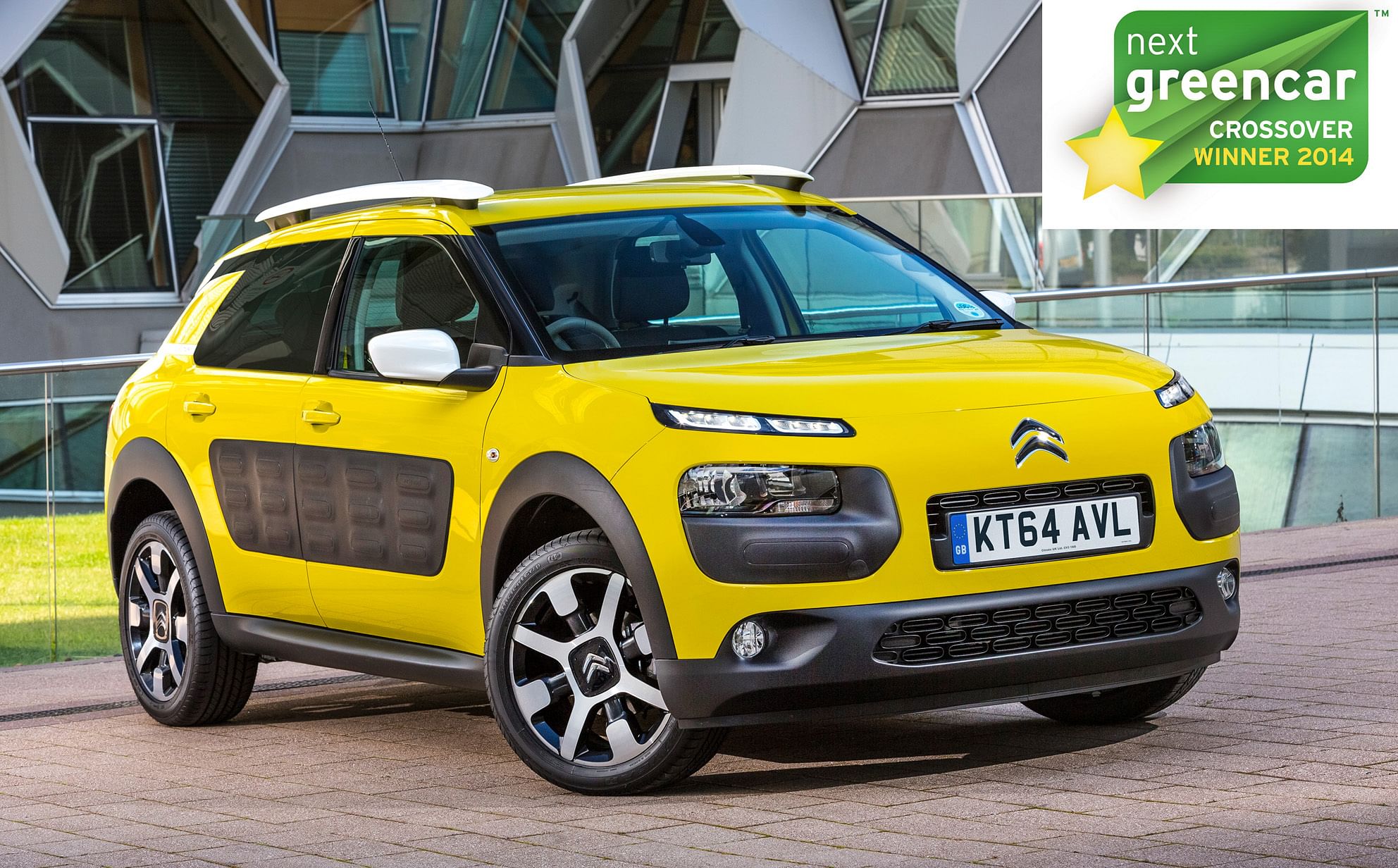PSA Peugeot Citroën tops European OEM in cutting emissions in 2014
PSA Peugeot Citroën recaptured its first place standing in reducing emissions at end-2014 in Europe, with an average of 110.3 grams of CO2 per kilometre
PSA Peugeot Citroën recaptured its first place standing in reducing emissions at end-2014 in Europe, with an average of 110.3 grams of CO2 per kilometre, compared with an average of 123.7 grams for the European market. Since 2008, the Group has gradually lowered its vehicle emissions by about 30 grams. This is the average homologated NEDC combined-cycle CO2 emissions of PSA Peugeot Citroën passenger cars registered in 2014 across 22 EU nations (excluding Greece, Croatia, Romania, Bulgaria, Cyprus and Malta)
The new record illustrates PSA Peugeot Citroën's commitment to finding practical solutions to environmental problems. More than 50 percent of its R&D budget is devoted to developing technologies aimed at improving the fuel and environmental performance of its vehicles.
PSA Peugeot Citroën's top ranking is primarily the result of its engine downsizing strategy and the introduction of new PureTech 3-cylinder petrol engines, as well as the introduction of new-generation, fuel-efficient BlueHDi diesel engines. In 2014, nearly 30 percent of vehicles sold by the Group emitted less than 100 grams of CO2.
Paired with these highly efficient petrol and diesel engines, many Group models are low-carbon leaders in their category. Due to the fact that they represent a significant proportion of European sales, they contribute to an overall reduction in emissions.
The following models are examples of low-carbon leader vehicles:

Citroën C4 Cactus: 1.6-litre BlueHDi, 100 hp, 82 grams of CO2 per kilometre.
Citroën DS 3: 1.6-litre BlueHDi, 100 hp, 79 grams of CO2 per kilometre.
Peugeot 308: PureTech 1.2-litre, 130 hp, 107 grams of CO2 per kilometre. This petrol version also set a new fuel economy record of 2.85 litres per 100 kilometres, covering 1,810 kilometres on a 51-litre tank of fuel.
The recent Peugeot 308 and Citroën C4 Picasso models (built on the new EMP2 platform) and the Citroën C4 Cactus (launched in 2014) weigh significantly less than their predecessors, by 140 kilograms and 200 kilograms, respectively, which is a key factor in reducing emissions.
"The outstanding reduction in CO2 emissions is the fruit of PSA Peugeot Citroën's advanced petrol and diesel engine technologies but also of its ongoing research to make lighter, more aerodynamic cars," said Gilles Le Borgne, executive vice-president, Research and Development, PSA Peugeot Citroën. "The Group continues to invest heavily in research and innovation, particularly in the field of plug-in hybrid technologies and new-generation electric vehicles."
RELATED ARTICLES
Horse Powertrain reveals hybrid conversion for electric cars
Engine-making joint venture of Geely and the Renault Group announces new hybrid powertrain that fits into the same space...
Aisin to produce hybrid motor for Mitsubishi in Thailand
The hybrid drive motor and gearbox, will be produced at Aisin Powertrain (Thailand) Co for use in the Mitsubishi XForce ...
GM reports strong Q1 sales in China, demand for EVs and hybrids surges 53%
General Motors and its joint ventures in China have sold more than 442,000 units between January and March 2025.






 By Autocar Professional Bureau
By Autocar Professional Bureau
 05 Feb 2015
05 Feb 2015
 4309 Views
4309 Views









